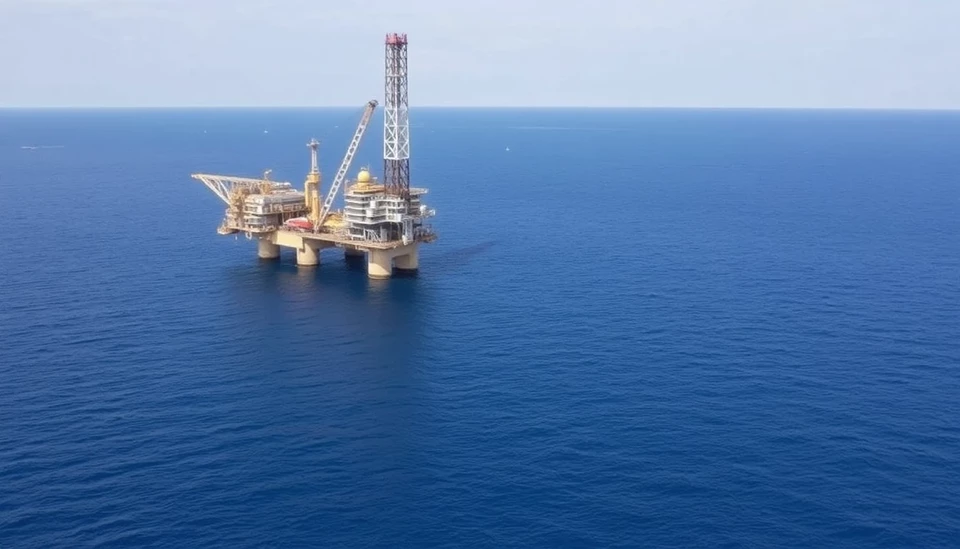
In a significant shift for Brazil's offshore oil sector, the country's regulatory body has initiated a series of heightened inspections and stringent regulations aimed at drilling operations. This move comes amid concerns over environmental safety and operational compliance, leading to a stricter oversight regime that is impacting companies engaged in oil extraction in the region.
The National Agency of Petroleum, Natural Gas, and Biofuels (ANP) has announced this crackdown following a series of environmental incidents that raised alarms about the safety protocols being followed by drilling firms. With Brazil’s offshore fields being one of the most promising sources of oil globally, regulators are under increased pressure to ensure that production does not jeopardize environmental standards.
As a result of these intensified regulations, several oil companies have reported slowdowns in their drilling activities and project timelines. This interruption not only affects their operational capabilities but also has broader implications for Brazil’s economy, which heavily relies on the oil sector as a key contributor to its GDP.
Industry leaders have voiced their concerns regarding the timing and severity of this regulatory scrutiny. Many executives argue that while safety and environmental protections are paramount, the abrupt changes could deter investments, slow down technological advancements, and hinder overall economic growth in the sector. There is a growing fear that prolonged regulatory delays may push investors to seek opportunities in less restricted markets.
Moreover, environmental activists have expressed cautious optimism regarding the crackdown, viewing it as a potential turning point towards greater accountability in Brazil’s oil industry. They argue that strict compliance with safety standards is essential not just for preserving local ecosystems but also for ensuring the long-term viability of oil extraction in a climate-conscious world.
As the ANP embarks on this rigorous inspection journey, the future landscape of Brazil’s offshore oil industry hangs in balance. Stakeholders are closely monitoring developments as companies adjust to the new regulatory environment and assess the impact on their operations and investments. The challenge remains for Brazil to balance economic growth with environmental sustainability in an industry that has been the backbone of its economy for decades.
In conclusion, Brazil's offshore oil industry is at a crucial juncture as it grapples with heightened regulatory scrutiny aimed at ensuring safety and environmental protection. The outcomes of this crackdown will not only determine the operational capabilities of existing firms but also shape the future of investment in this vital sector.
#Brazil #OffshoreOil #OilIndustry #ANP #EnvironmentalRegulations #Investment #EconomicGrowth #Sustainability #OilExtraction
Author: Victoria Adams




